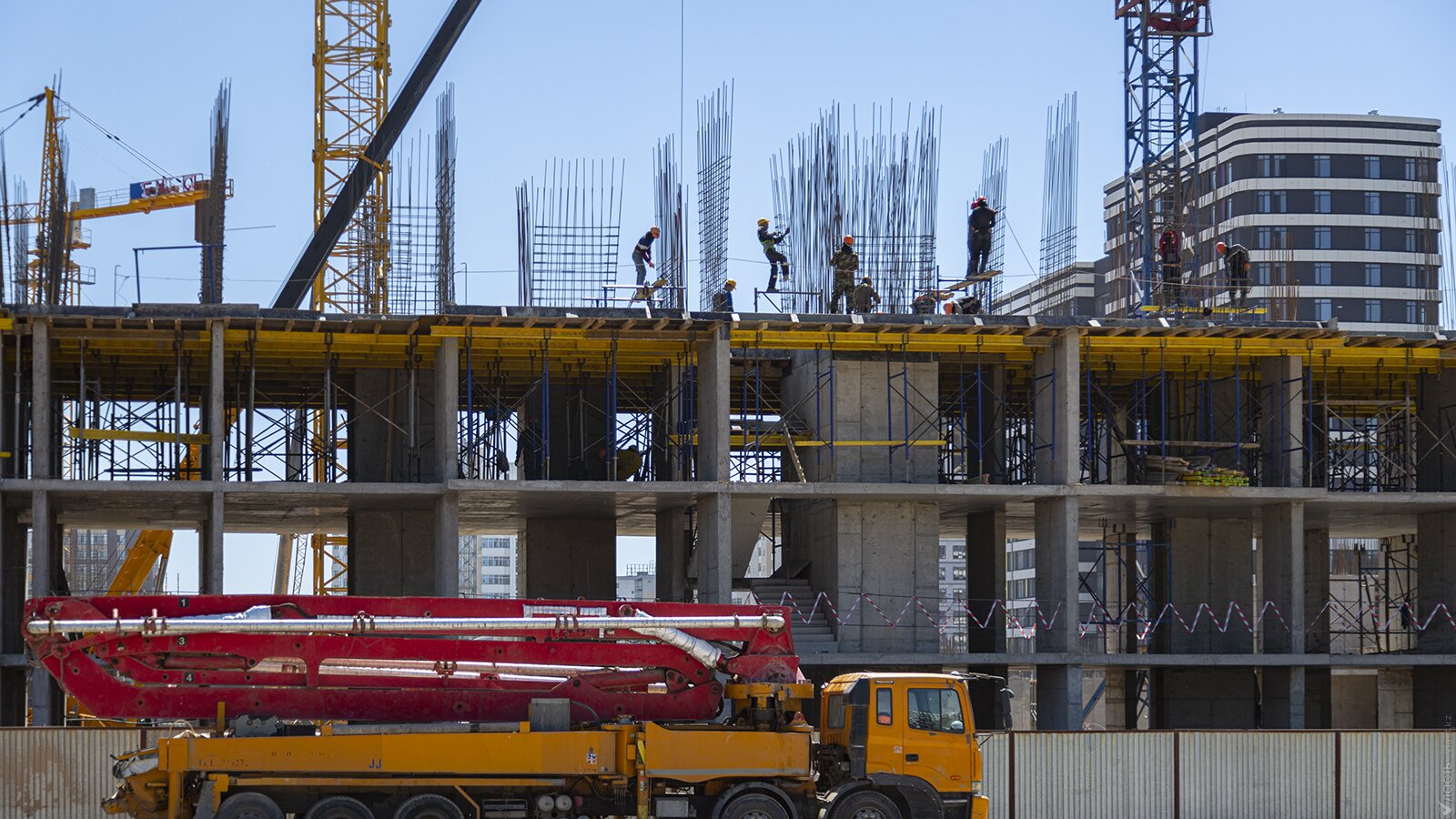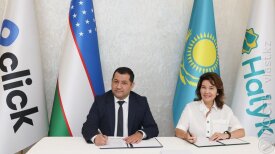Corruption scandals and popular frustration have often accompanied the realization of large projects in Kazakhstan. The construction of the EXPO complex and the Light Rail Transit (LRT) in Astana are vivid examples of the inefficient allocation of billions of dollars in state funds.
Earlier this year, President Kassym-Jomart Tokayev voiced (again) a plan to build a nuclear power plant, calling the government to action. But is kicking off such projects worth it, given the previous experience and the country's unchanged political system?
These projects are usually planned without public oversight and the top-down decision about the nuclear power plant was no exception.
In 2019, after he became president, Tokayev said that the issue of building a nuclear plant was shelved, yet just two year later he revived it. Kazakhstan has repeatedly faced problems of electricity distribution and access: Last fall and winter power outages and interruptions were recorded across Kazakhstan.
Against the background of these supply issues, the president's statement seems logical. Yet, it fails to provide answers to technical, and sometimes vital questions.
What amount of electricity does the country need to fully provide the population and the economy? Have other less risky alternatives been explored? Why was the choice made specifically in favor of nuclear power plants? Will the country be able to afford such a project and where will the funding come from? Who will monitor budget spending on this plant? What criteria are used to select companies and builders? How is the location chosen? What safety measures and threat-prevention mechanisms are in place?
The answers to most of these questions have so far been unsatisfactory. The government says it wants a public dialogue, but it has not yet involved independent experts or civil society. Instead, it continues to make decisions behind closed doors.
Can we trust the government with such a big project, without full transparency and public input into the process? The answer is obvious. The decision to build a nuclear power plant must be made with the full participation of all actors and consideration of all kinds of risks and threats, since the slightest mistake can lead to catastrophic consequences
And in the current political system, this is impossible. There are no fair elections that give voice to the interests of society, checks and balances, inclusive institutions, and guarantees of freedom of speech.
Peaceful atomic energy may help us solve the problems with the lack of electricity supply, but before carrying out such a large-scale and risky project, Kazakhstan must implement real political reforms.
Поддержите журналистику, которой доверяют.








